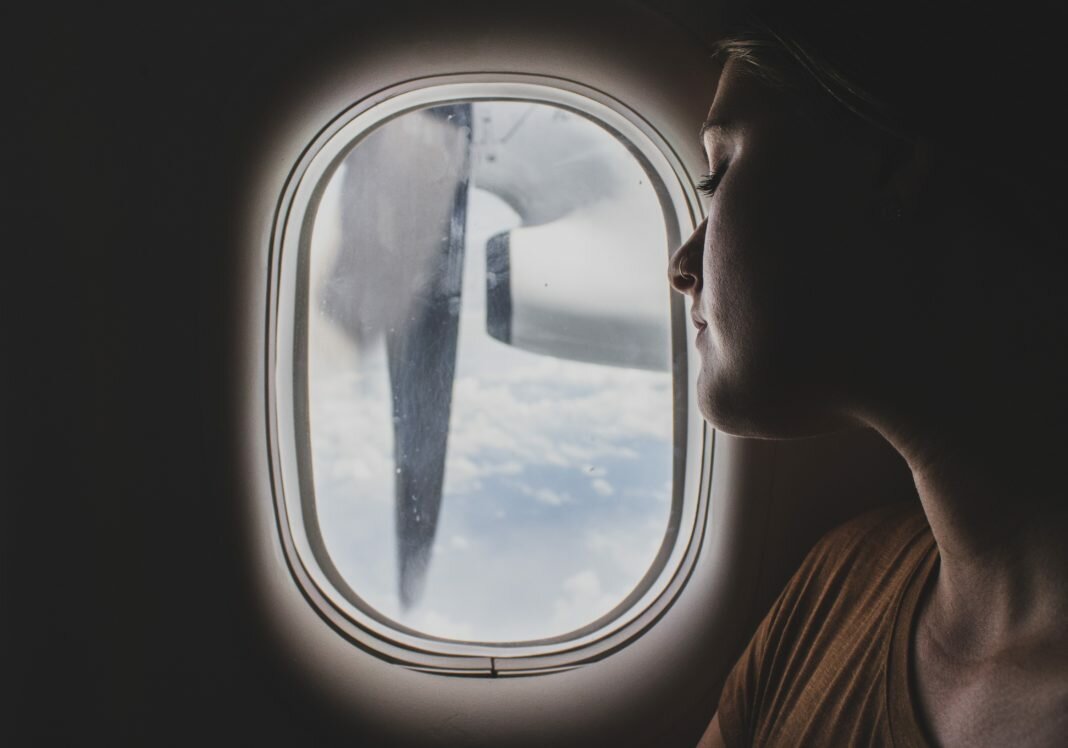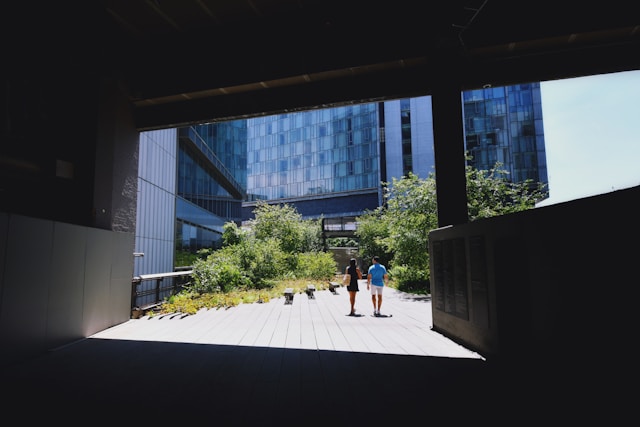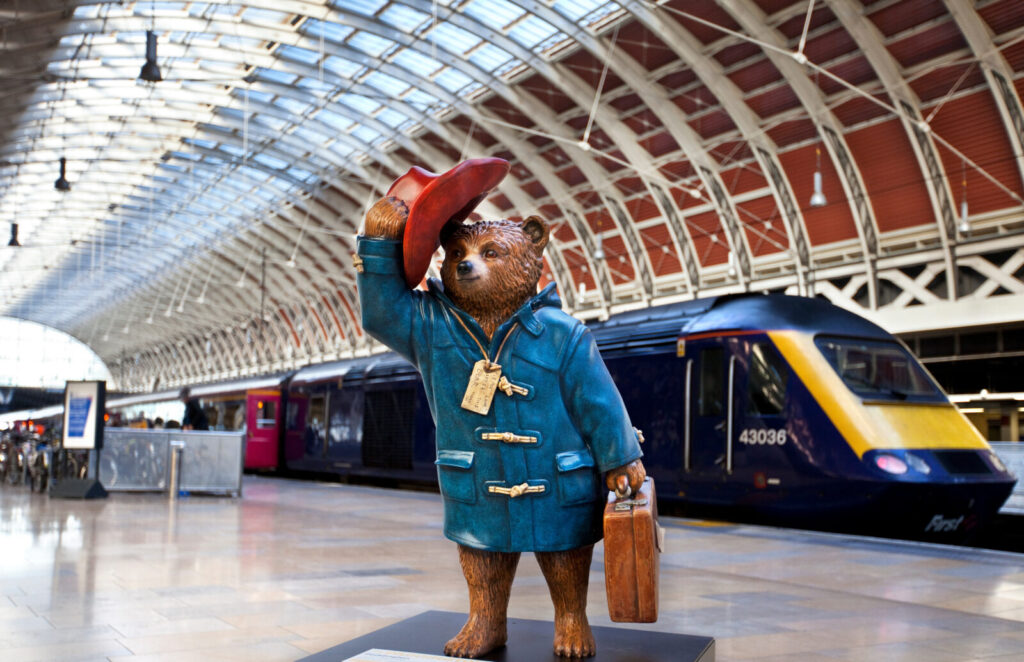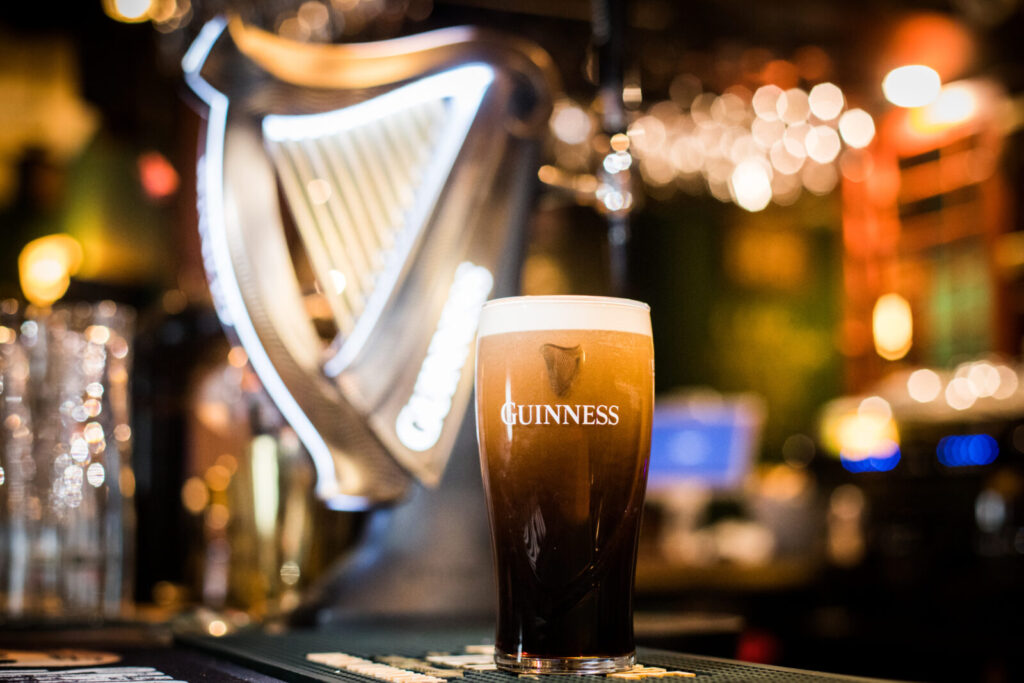Brief • 2 min Read

A recent study by Yahoo Finance and The Harris Poll finds that although most Americans hope to travel again after the pandemic ends, the hospitality industry may need to find ways to accommodate those that will not have the disposable income to travel after the pandemic ends as well as those with hygiene-related concerns.
Right now, most Americans have not booked travel for 2021, but many do hope to spend money on travel next year. Eighty-six percent of Americans have not booked an out of state trip for 2021, and a third (34%) of those who travel say they do not plan to travel out of state in 2021. Of those who travel, 36% plan to spend up to $5,000 on out of state travel in 2021 with the average traveler planning to spend just over $2,700. Another 11% of travelers plan to use rewards points like miles to cover travel costs.
Despite the hesitancy to book trips, most Americans are eager to start traveling again. However, for some, travel likelihood may be affected by both the lack of disposable income to spend on travel as well as vaccination status.
Half (50%) of Americans plan to travel out of state within 6 months of getting vaccinated for COVID-19 and over a quarter (28%) within 3 months of vaccination. When asked how frequently they expect to travel out of state in the year after they get vaccinated, 61% of Americans who plan to get vaccinated say that they will travel out of state more frequently or about the same as they did before the pandemic.
Still, a quarter (24%) of those who plan to get vaccinated, say they will travel out of state less frequently in the year after they get vaccinated. Diminished funds may play a significant role in this.
Young adults are twice as likely to say they will travel less often in the year after they get vaccinated compared to the elderly (29% of those 18-34 vs 15% of those 65+). When looking at their finances, most 18-34 years-olds (54%) say they have been unable to put money into their savings during the pandemic compared to 49% of those ages 65+.
Lower (<$50K) and higher ($100K+) income households split on travel plans. Of those who plan to be vaccinated, 37% of those with HHI <$50K plan to travel out of state within 6 months of being vaccinated while 62% of those with HHI $100K+ plan to do the same. Compared to 67% of those with HHI $100K+, only 45% of those with HHI <$50K plan to travel out of state more frequently or about the same as they did before the pandemic after they get vaccinated for COVID-19. When looking at their finances, 65% of those with HHI <$50K were unable to put money into their savings during the pandemic compared to only 28% of those with HHI $100K+.
In addition to finances, there Americans still have health and safety concerns. Sixty-one percent of Americans who travel say they would not feel comfortable at all or not feel very comfortable traveling out of state if the general public is being vaccinated but they haven’t been vaccinated yet. Such concerns are even more important for older Americans; 50% of those ages 65+ said they would not feel comfortable at all engaging in such behavior.
Financial constraints may also affect how certain segments plan to eat outside the house after the pandemic has ended. Two-thirds (68%) of Americans who plan to get vaccinated say that they plan to eat outside the house more frequently or about the same as they did before the pandemic after they get vaccinated.
Again, more likely to be strapped for cash, young adults appear less likely to eat out compared to older Americans. Compared to 80% of Americans ages 65+, only 68% of those ages 18-34 plan to eat outside their home in the year after they get vaccinated. In fact, Americans 65+ are the age group most interested in eating out again in the year after they get vaccinated for COVID-19.
Unsurprisingly, lower and higher income households also split on eating out. Compared to 68% of those with HHI $100K+, only 58% of those with HHI <$50K plan to eat outside the house more frequently or about the same as they did before the pandemic in the year after they get vaccinated for COVID-19.
Looking to the future, when they do start to travel out of state, Americans say they would feel most comfortable staying in a friend or relative’s home or at a hotel, potentially indicating a level of faith in hygiene standards from those they know and hotel chains as well as an appreciation for fewer people in guest rooms.
Seventy percent of travelers say they would feel at least somewhat comfortable staying a friend or relative’s home.
With regards to more public lodging, 65% of travelers say they would feel at least somewhat comfortable staying at a hotel, and half (50%) say they would feel at least somewhat comfortable staying in a short-term rental, such as an Airbnb or Vrbo. A little over a third (36%) say they would feel at least somewhat comfortable staying at a hostel.
Methodology
This survey was conducted online within the United States by The Harris Poll on December 18-21, 2020, among 1,015 U.S. adults ages 18 and older. This online survey is not based on a probability sample and therefore no estimate of theoretical sampling error can be calculated. Figures for age, sex, race/ethnicity, education, region and household income were weighted where necessary to bring them into line with their actual proportions in the population. Propensity score weighting was used to adjust for respondents’ propensity to be online. For more information on methodology, please contact Dami Rosanwo.
Subscribe for more Insights
Subscribe to our newsletter for the latest trends in business, politics, culture, and more.
Download the Data
Get the full data tabs for this survey conducted online within the United States by The Harris Poll on behalf of Yahoo Finance between December 18-21, 2020, among 1,015 U.S. adults ages 18 and older.
Download
Subscribe for more Insights
Subscribe to our newsletter for the latest trends in business, politics, culture, and more.
Download the Data
Get the full data tabs for this survey conducted online within the United States by The Harris Poll on behalf of Yahoo Finance between December 18-21, 2020, among 1,015 U.S. adults ages 18 and older.
DownloadRelated Content








